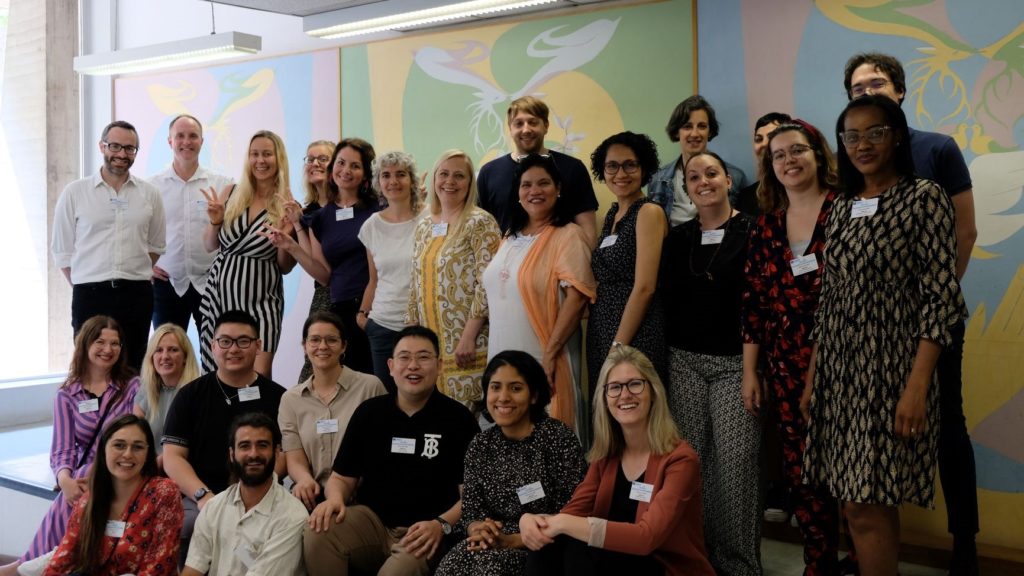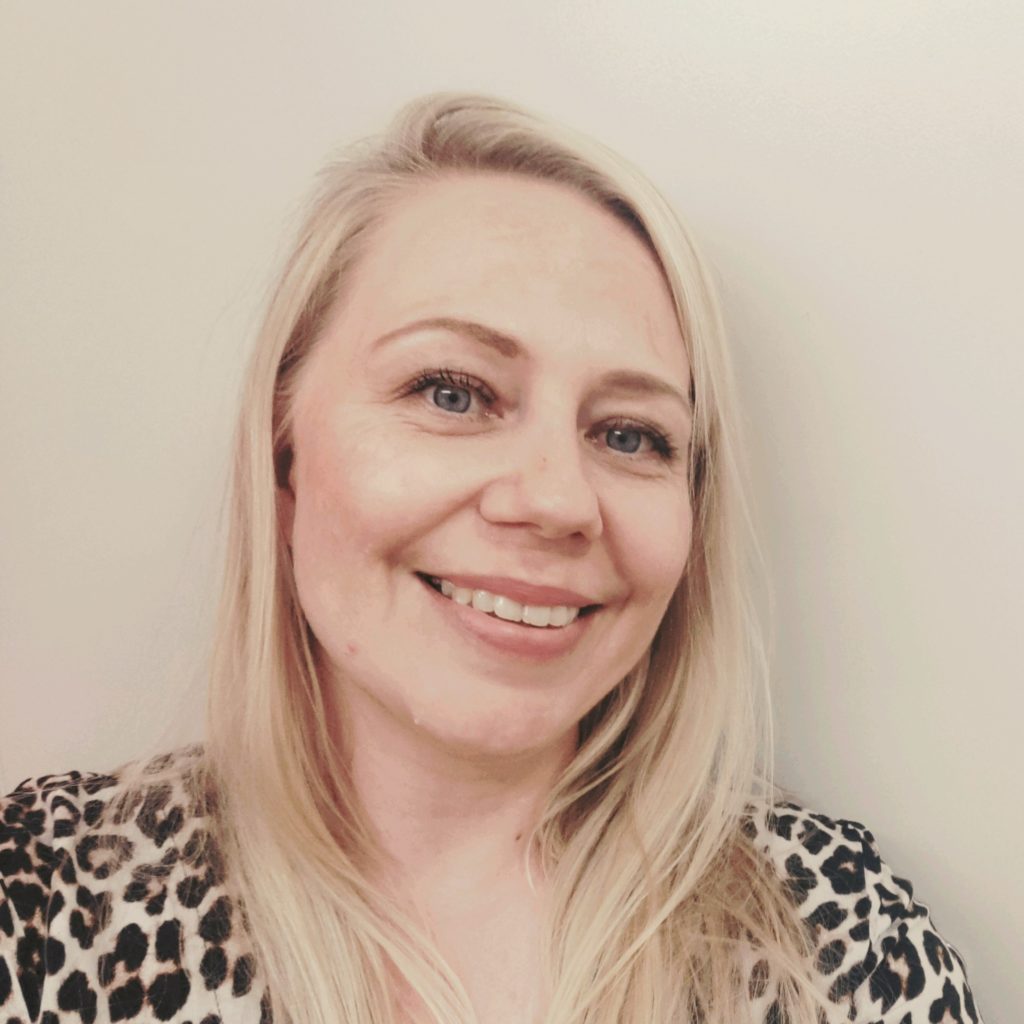In recent years, the world has experienced a series of challenges and crises which have called all of us to rethink our ways of being, thinking, doing, and relating to one another and the nature around us. This repositioning is especially important for the educators that prepare the citizens of tomorrow. As Massimiliano Tarozzi from the University of Bologna stated in the opening session of the ANGEL conference, “Education plays an important role in imagining this future.”

Imagining something that is not yet known requires collaboration, networking, and the sharing of experiences and research with one another. The Academic Network of Global Education and Learning (ANGEL) is a network of researchers, policymakers and civil-society organisations that explores global education and learning in pursuit of a more just, peaceful, and sustainable world. It holds that work need not be done alone and offers a long-standing network of experienced (and less-experienced) scholars with whom it is easy to explore educational challenges locally and globally in a mind-provoking manner.
Such was our experience of the conference – ‘us’ being Ms. Richardine Poulton-Busler (University of Namibia), Ms. Frieda Shingenge (University of Namibia), and Dr. Marika Matengu (University of Oulu), all attendees at the ANGEL Conference in Paris on the 19th and 20th of June 2023. Our participation in the conference was made possible by the GINTL collaboration that is in place between the University of Oulu and the University of Namibia. In this article, we share some of our key highlights and lessons learned from the presentations by and dialogues with our ANGEL colleagues.
Education transformation and the democratisation of research
One of the conference’s mind-provoking presentations was given by Professor Arjun Appadurai (New York University), who argued that it is time to democratise research. He defined research as “a systematic pursuit of the not yet known” and emphasized the importance of research in setting the development agenda and the goals for actions. Yet, he claimed, research has been largely conducted by a small intellectual elite – and while this tiny intellectual elite share what they know and learn, how well can the research body – if excluding a rich local participation – really provide understanding of “not yet known”? How can it direct ongoing development towards a more just and sustainable world? Professor Apparurai argued that it is time to put our efforts – including funding – into democratising research: If we do not democratise research by ensuring sufficient funding, enhancing research capacity, training researchers locally, and setting research agendas and developing research goals locally, all efforts that aim for development are useless. According to Apparurai, research is a political act which calls attention to citizenship education. The concept of research-based citizenship means increasing the capacity to do research, developing research habits and competence. This does not necessarily mean increasing the number of PhDs, but rather expanding the capacities of people (youth, high school students, etc.) and creating avenues to do research. This endeavour might also require us to redefine what research itself really is.

Another theme that emerged from various presentations and continued in the discussions was the transformation of education from its current state. Sobhi Tawil from UNESCO asked whether, if being educated means living unsustainably, that does not mean that we are doing something wrong with our education systems. In the same vein, Miriam Vilela from Earth Charter International argued that there has been a vacuum in our education systems for fostering an ethic of care, respect and responsibility towards one another and the larger living world. The consequence of this vacuum is a set of ethically and ecologically illiterate citizens – which means careless and indifferent citizens, demonstrated in society by increasing corruption, intolerance, environmental degradation, social and environmental injustices, negligence, and citizens and with short-term and fragmented views of both society and reality. Vilela highlighted how ethics have an influence in what we do to nurture, care for, and respect one another. Therefore, the question of how to bring values and principles in education needs attention. Sobhi Tawil suggested that transforming education means going beyond reforms and moving towards education systems that are truly different from today’s. In imagining transformed education, we must be careful with short-term thinking that is focused on crises and emergencies, rather than allowing time for critical reflection and reimagining(s). Finally, Tawil pointed out that educational transformation also requires wider political and societal changes; not the other way around. He asked one very important question for reflection: What are some of the root causes of cultural/social exclusion? We need education to transform and that, Tawil argues, means looking back and looking ahead. This was also the view of Arjen Wals, a Professor of Transformative Learning for Socio-Ecological Sustainability at Wageningen University who also holds the UNESCO Chair of Social Learning and Sustainable Development. He highlighted that we cannot do business as usual to achieve transitional education; we need to go beyond our cognitive realm.
Takeaway message
One statement by Miriam Vilela is one that we can all reflect on as educators and academics: “The more educated I am, the more freedom and knowledge I have, and the more responsibility I have for building the common good. As we are all learning to know, learning to do, learning to be, and learning to live together, we are learning to transform ourselves and society.” In accordance with our learnings from the ANGEL Conference, some things that we can all do to develop our capacity to transform is to:
- Consider the consequences of decisions and actions;
- Examine what informs our decisions;
- Question our assumptions and challenge our values and mental modes;
- Be concerned with the common good or goal, and not with competition; and
- Expand our views and sense of care and responsibility.
The ANGEL Conference was a transformational experience that provoked us to see the intertwined nature of education, development, and sustainability in new ways. We would highly recommend this network for any academic who is interested in global education to join ANGEL. We would especially like to highlight the Early Career Researchers Network that was established during the conference this year for researchers who completed their PhD not more than 6 years ago.
About the conference
This conference was organized by ANGEL in partnership with UNESCO, with the cooperation of Global Education Network Europe (GENE), IOE, UCL’s Faculty of Education & Society, and the UNESCO Chairs in GCED in Higher Education, based at the University of Bologna. This event, along with the other activities of the ANGEL network, were co-funded by the European Union.
Authors

Ms. Richardine Poulton-Busler
Lecturer of Early Childhood Education and Care, University of Namibia
rpoulton-busler[at]unam.na

Ms. Frieda Shingenge
Teacher Educator/Lecturer, University of Namibia
fshingenge[at]unam.na

Dr. Marika Matengu
University Teacher, University of Oulu
marika.matengu[at]oulu.fi













